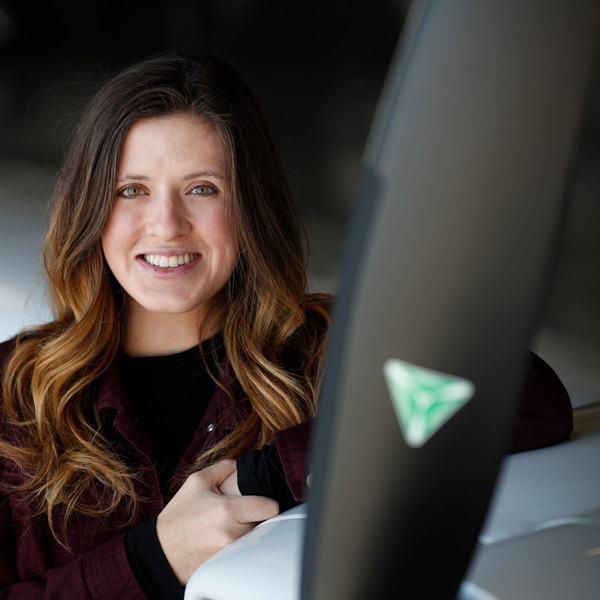Flight School Spotlight: Air Fleet Training Systems
New Jersey’s ‘one-stop shop’ for flight training
This Essex County Airport (KCDW) flight school may not be the cheapest on the field, but it strives to make its training worth every penny by offering newer airplanes kept up by its dedicated maintenance department, an energetic staff, and a commitment to do whatever it takes to help students work toward their flight training goals.
One of Air Fleet Training Systems’ biggest advocates is Kyle Lacey. He’s currently the chief flight instructor, but he has filled many roles in the several years he’s been with the school. After ownership changed hands in 2005 and Air Fleet moved off of Teterboro Airport (KTEB) (a product of the expanding business jet hub that cranked up landing fees and limited tiedown space at Teterboro), Lacey described the rapid growth and change he promoted alongside Alexey Ozerov, the new Air Fleet Training Systems president and owner.
The two focused on changes both external and internal, making sure business practices were efficient while also updating their physical product, playing to the strengths of both leaders.
Ozerov is an alumnus of Air Fleet, completing his private and instrument ratings prior to purchasing the company, then pursuing commercial and CFI ratings after.
“When we started the company, I wouldn’t probably have joined him if I had known he was just a pilot,” said Lacey of their partnership. “Aviation is a hard business, you’ve got to know what you’re doing. He knows how to run a business, he is very business savvy, knows how to work all the ins and outs and all that stuff.”
Lacey continued, “Together with my knowledge of teaching and running a flight school, working at a flight school, and his knowledge of how to run a business, and an aviation business at that, I thought it was going to be a good recipe. And so far we’ve been expanding, it’s been going very well.”
The pair prioritized putting new airplanes on the flight line and getting a maintenance department running. “We redid the flight school, because it was a building built in the 1970s, and it looked it,” Lacey said. “We cleaned it all up, brought it into the twenty-first century, made it nice.”
They took four “average flight school planes,” and invested money into new paint jobs, interior upgrades, and other small things that give the school a leg up when recruiting new students.
“[Students] look at the flight line and it looks nice,” Lacey said. “People do judge a book by its cover; first impressions are important.”
Keeping a student after a good first impression is arguably a harder task, and Air Fleet instructors are extensively trained in this skill. “When I became an instructor, yes, they teach you how to teach people how to fly,” said Lacey. “The one thing they never taught me was how to keep a student. If you work in a smaller place like this you have to be a bit of a salesperson; you have to be able to sit down and talk to a student: This is why you should choose our school.” So, when the school brings on a new instructor, the new hire shadows a more experienced flight instructor to witness what this sort of sales technique looks like. The sales pitch focuses on advertising what the school offers, but is also transparent about what a financial commitment to flight training looks like.
Air Fleet is a little more expensive than other flight schools on the field (Lacey estimates $5 to $10 more per hour), and the team is honest about that price difference, encouraging students to shop around and see which school is the best fit. However, Lacey is confident the exceptional product and service they offer more than makes up for the difference in price. “People are willing to pay extra because the business is willing to go the extra mile,” he said.
This go-the-extra-mile attitude includes a commitment to eliminating barriers that students may face when going through flight training. Air Fleet has its own maintenance department, ensuring that students aren’t grounded by airplanes waiting for maintenance; it has a house close to the airport, for international students who come to New Jersey specifically to flight train; and there are certified fingerprint technicians at the school, for students who need TSA background checks completed. These “little conveniences,” as Lacey calls them, set the flight school apart as a one-stop-shop for flight training.



